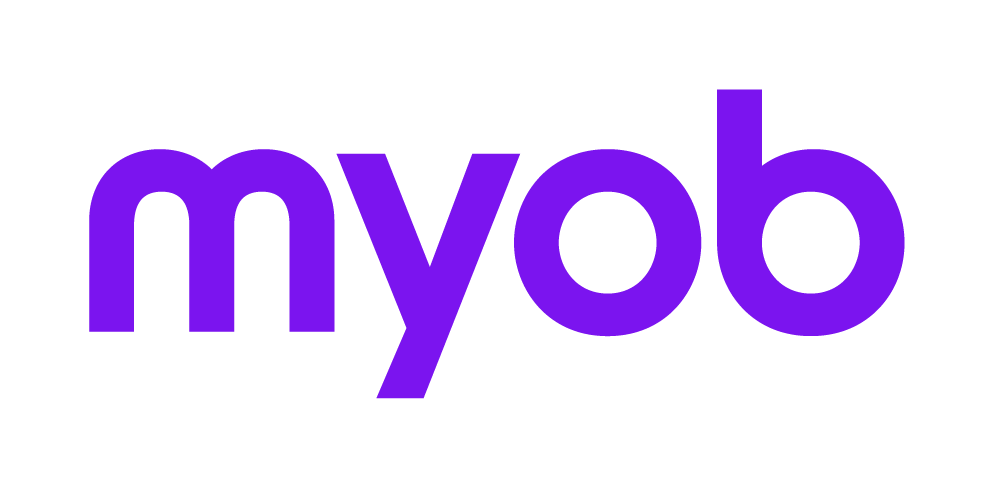IR6 Question 7 Is this the estate or trust's first return?
Has the estate or trust ceased?
Question 7A
If the estate or trust has ceased, include accounts showing the distribution of all assets and liabilities to the date the estate or trust was finalised.
If the estate or trust is registered for GST or as an employer, you’ll need to complete a Business cessation (IR315) form to finalise your records.
Nil trust returns
Question 7B
If the trust receives any income, for example, interest, the trustee must file a return regardless of the amount of income derived.
Where a trust has no prospect or intention of deriving any income in a given financial year, please call Inland Revenue on 0800 377 774 with the name and IRD number of the trust so they can record that a return isn’t required for that year.
If the trust subsequently derives income in a future year, the trust must send in a return.
This only applies to trust returns. Estates are still required to file a return of income regardless of whether they have derived income.
A complying trust that is non-active and doesn’t want to file an income tax return can complete and send the Non-active trust declaration (IR633).
The complying trust needs to declare:
It hasn’t derived or been deemed to have derived any gross income from any source
It has no deductions
It has not been party to, or continued with, any transactions with assets of the trust that give rise to any of the following during the tax year:
Income or deemed income in any person’s hand
Fringe benefits to any employee or former employee.
